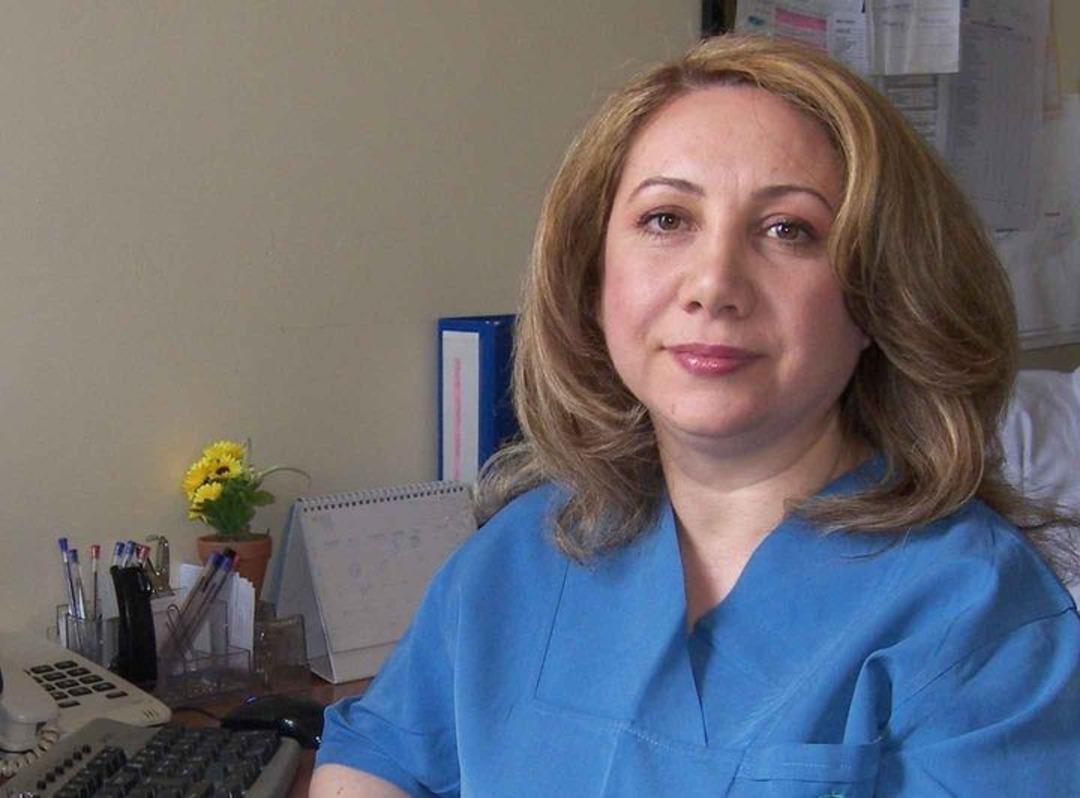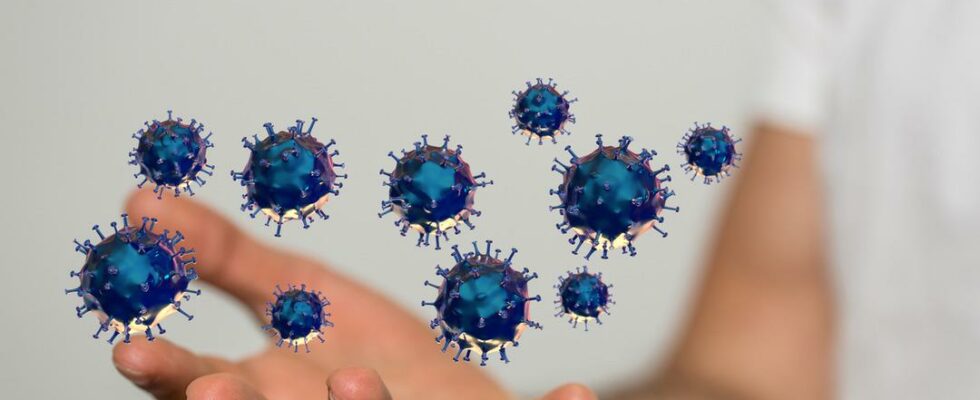Referring to the diseases caused by a new virus in China, Prof. Dr. Tülin Ayazoğlu made an evaluation about the pathogen. Ayazoğlu said, “While the world has not been able to erase from memory the months-long pandemic caused by Covid-19 in 2019, thousands of deaths and global destruction, the Human Metapneuvirus (HMPV) spreading from China brings a similar threat to the agenda again. This rapidly spreading virus has lasted 5 years.” As pandemic fears come to the fore again, is humanity once again on the brink of a global health crisis with the HMPV virus and Covid-19? What are the differences between them? How should we be protected within a global alarm? We are left with these questions.
“THERE IS NO POTENTIAL TO CAUSE A GLOBAL PANDEMIC”
HMPV does not have the potential to cause a global pandemic such as Covid-19. That’s why the World Health Organization (WHO) and the Chinese Center for Disease Control and Prevention (CDC) have not declared any state of emergency due to HMPV so far. On the other hand, HMPV is not a new and expected virus like Covid-19, but a long-known pathogen that was first identified in 2001 and causes upper and lower respiratory tract infections with symptoms such as cough, fever, nasal congestion and shortness of breath.
“COLD-LIKE SYMPTOMS”

Therefore, it is emphasized that there is no emergency situation that would cause a great panic in the world. Human metapneumovirus (HMPV) is a virus that often causes cold-like symptoms. It usually causes upper respiratory tract infections, but can sometimes cause lower respiratory tract infections such as pneumonia, asthma flares, or worsen chronic obstructive pulmonary disease (COPD). “HMPV infections are more common in winter and early spring,” he said.
WHO IS AT RISK?
Prof. Dr. Ayazoğlu explained the precautions that should be taken to protect against the HMPV virus and said that those who are younger than 5 years old (especially premature babies) or older than 65 years, those with weak immune systems (those with diseases such as HIV, cancer or autoimmune disorders, or those who use drugs that suppress the immune system), asthma or COPD patients are at risk. He declared that he was under
BEWARE OF THESE SYMPTOMS
Ayazaoğlu said, “It is seen as cough, fever, runny nose, sore throat, wheezing, shortness of breath and rash. The virus is usually transmitted through coughing, sneezing, shaking hands and touching dirty surfaces (surfaces or objects such as phones, door handles, keyboards or toys). This makes crowded areas and closed environments especially risky.
TREATMENT WAYS
There are no antiviral or antibiotic drugs that treat human metapneumovirus. Most patients can manage symptoms at home with rest, plenty of fluids, and therapy such as fever reducers until they feel better.
PEOPLE IN THIS GROUP SHOULD RECEIVE INpatient treatment.
However, since the virus can cause more serious problems for young children, the elderly and individuals with weak immune systems, these groups of patients may need hospital inpatient treatment. Washing hands frequently with soap and water; If soap and water are not used, use an alcohol-based hand sanitizer. Covering the mouth and nose with your elbow rather than your hands when sneezing or coughing. “Those who have colds or other contagious diseases should avoid being around others and wear a mask if they cannot avoid it,” he said.
Stating that the human metapneumovirus (HMPV) virus is a common virus that usually causes symptoms similar to the common cold, Prof. Dr. Ayazoğlu said, “If you are over 5 years old, you have probably had it at least once. Most of the time, you recover at home within a few days. But sometimes HMPV can cause serious complications. Young children, adults over 65, and people with weakened immune systems are at higher risk of serious illness.
If you have any concerns about HMPV, contact your healthcare provider. “If you or your child has difficulty breathing, has a high fever, bluish skin, lips, or nails (cyanosis), or other symptoms of serious illness, contact a healthcare provider immediately to get medical help.”
(UAV)
